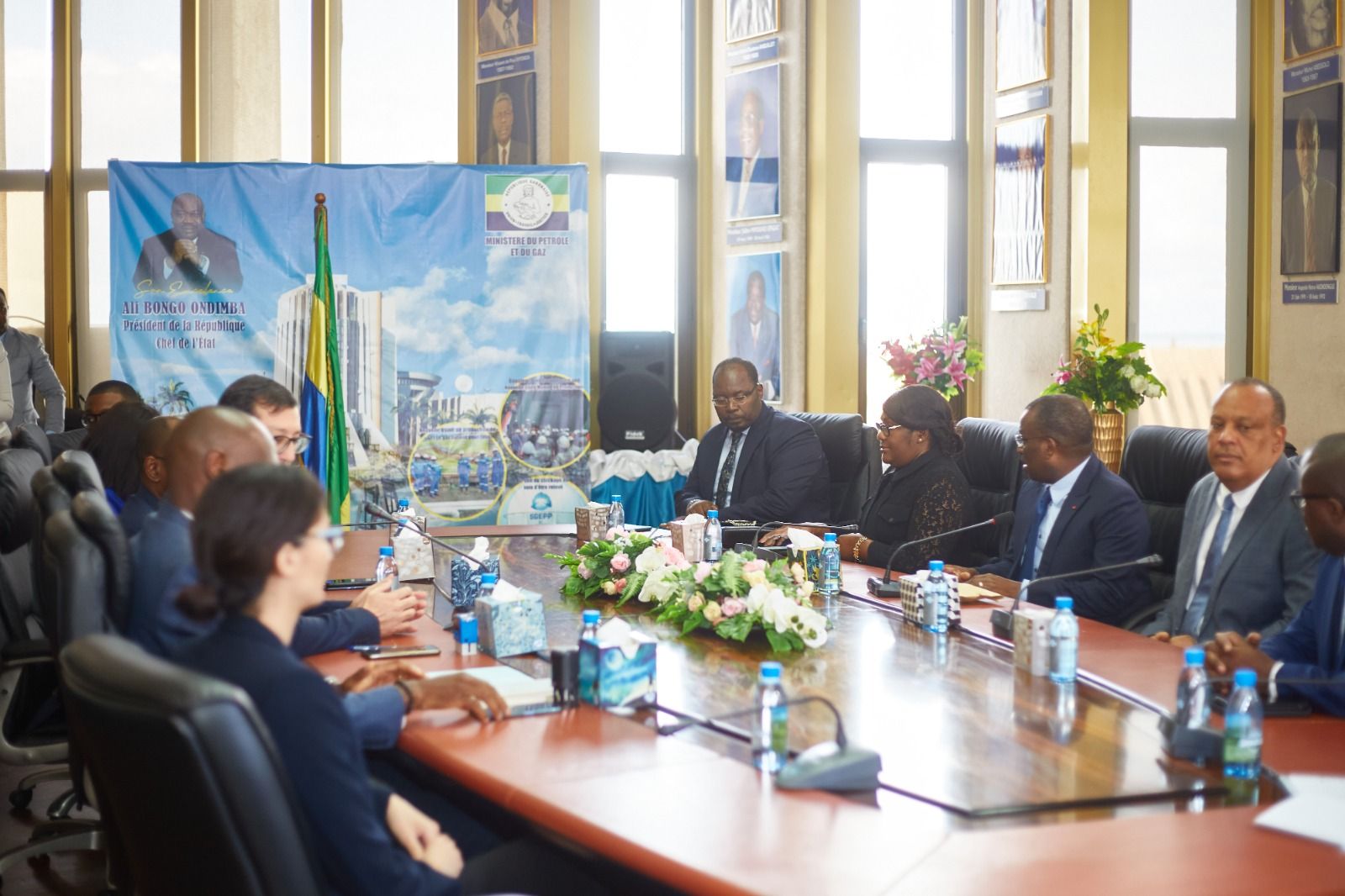Read more
A new Joint Venture agreement is aiming to invest in a range of carbon avoidance and removals projects in Nigeria as part of efforts to support the energy transition plan in Africa’s most populous country. The Nigeria Sovereign Investment Authority and Vitol, a global energy and commodities company, completed the Carbon Vista JV . Both parties made an initial commitment of $50 million to the new venture. The JV’s first investment will go into a household energy efficiency programme. It includes an initial deployment of up to 200,000 devices each for clean cooking. “Nigeria’s Energy Transition Plan (ETP) requires a radical rethink of our energy consumption mix beginning from the micro-level,” says Aminu Umar-Sadiq, Managing Director, and Chief Executive Officer of the Nigeria Sovereign Investment Authority (NSIA). The NSIA manages the Nigeria sovereign wealth fund where surplus income from Nigeria’s excess oil reserves is deposited. During last year’s COP27, Nigeria joined several African nations to announce its commitment to scaling voluntary carbon markets as part of the Africa Carbon Markets Initiative (ACMI). African leaders, CEOs, and carbon credit experts are involved in the initiative. ACMI seeks to produce 300 million carbon credits annually by 2030, and 1.5 billion credits annually by 2050. The latest JV brings Nigeria closer to meeting these ambitious targets. “Without incremental steps to address the fundamental issues, the ETP’s goals may remain unrealised and further exacerbate our climate risks,” says Aminu Umar-Sadiq. “Carbon Vista adopts a pragmatic approach to these challenges. We are pleased to be leading this novel path for delivering Nigeria’s net-zero targets.” Partnerships for clean energy The JV will commence with projects in Nigeria, partnering with local firms with proven track records of successfully delivering high-quality projects. Investments will focus on various sectors including infrastructure, agriculture, and energy. Energy remains a critical issue for Africa. Household air pollution from traditional stoves and polluting fuels is reported to cause over four million premature deaths annually in the region. “This joint venture should be a catalyst in the creation of the domestic emissions trading scheme,” says Michael Curran, Head of Environmental Products at Vitol. The JV, Michael Curran says, will create a pipeline of high-quality credits into the global voluntary carbon markets. “When combined with a comprehensive corporate energy transition strategy, offsetting will play a key role in meeting the Paris Climate Agreement objectives and contribute toward the UN Sustainable Development Goals.” According to the 2022 Africa Energy Outlook, Sub-Saharan Africa is struggling to increase access to clean-cooking-technology – a trend exacerbated by recent spikes in the price of cooking gas – leaving almost 1 billion people without access to clean cooking. Experts say global efforts to increase clean cooking access will need to target the continent with greater intensity. That way, they say, Africa can achieve the UN Sustainable Development Goals on access to affordable, reliable and modern energy for all. Nigeria’s Vice President Yemi Osinbajo says the Energy Transition Process remains a tough process. “It’s especially tough for those of us who are from gas-rich countries and fossil fuel-rich countries,” notes Vice President Yemi Osinbajo. “For countries like ours rich in fossil fuel, we also find ourselves in a situation where we are energy poor. I believe Africa can become the first truly green civilisation to use renewable fuel for purposes of a transformative economic journey.”
South African subsidiary of leading renewable energy project developer JUWI has begun construction of the 84MW Wolf Wind project after reaching financial close, as an energy crisis pushes more demand for alternative sources of power in one of Africa’s biggest economies. The facility is projected to begin generating electricity for the South African grid by Q1 2024. “The Wolf Wind Project will be generating more than 360 GWh of clean electricity for the South African grid per year,” Red Rocket Chief Executive Officer, Matteo Brambilla, said in a statement. The renewable energy company won the bid for the project in Round 5 of the South African government’s Renewable Energy Independent Power Producers Procurement Programme (REI4P). The initiative aims to bring more megawatts into the country’s electricity system through private investments in renewable energy sources. “We’re proud to have partnered with JUWI on this project and pleased to have started construction on this and other large wind projects.” The Wolf Wind Project, located two hours from the city of Gqeberha, is the second wind project developed by JUWI under REI4P. The first — the 138 MW Garob Wind Project — began commercial operation in 2021. Tackling an energy crisis with renewable energy “JUWI is committed to developing projects that help South Africa address the energy crisis and achieve the clean energy transition, and so the progress in rolling out REI4P projects is very encouraging,” said Richard Doyle, Managing Director, JUWI South Africa. South Africa is facing an energy crisis caused partly by aging coal plants in need of constant maintenance. This has led to load-shedding implemented through a series of rolling blackouts, which has become part of the country’s power grid since 2007. Last year, the country experienced 3,773 hours of loadshedding according to the Council for Scientific and Industrial Research (CSIR) – or over 157 days. According to the Ministry of Mineral Resources and Energy, South Africa’s total domestic electricity generation capacity stands at 58,095 megawatts. But most of it—around 80%—comes from coal-fired power plants. President Ramaphosa wants South Africa to begin phasing out some coal-fired generation by 2050. Under its Integrated Resource Plan (IRP2019), the country wants to install over 25GW of renewable energy capacity and 3GW of energy storage by 2030 via its REI4P auctions. JUWI South Africa (JUWI Renewable Energies Pty. Ltd) says it is supporting a mix of clean energy projects, including over 1.5 GW of wind, 2 GW of solar and 5OO MW of hybrid projects for various clients. To support growing demand from private and public energy users, Richard Doyle says JUWI plans to develop a further combined 1 GW of wind, solar and hybrid projects in 2023.

